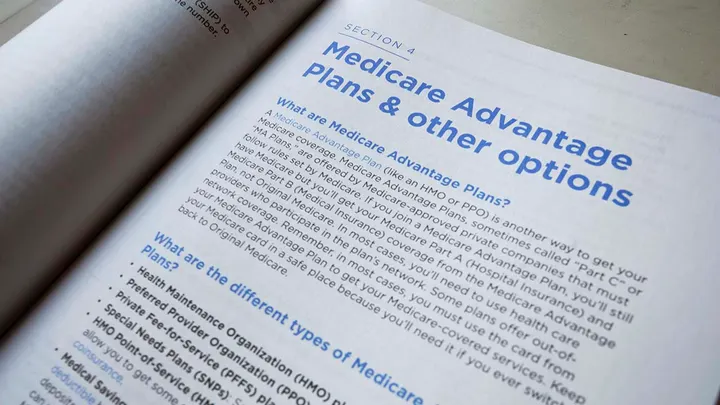The annual open enrollment period for joining, switching or dropping Medicare Advantage health insurance plans provided by private companies starts next week, and zero-premium offerings are expected to be more popular than ever with Americans feeling the squeeze of inflation.
Starting Oct. 15 and running through Dec. 7, people ages 65 and older, or younger individuals with certain disabilities who qualify under the government’s guidelines, can apply for coverage that begins at the start of 2023.
But not all plans are the same, and experts say shoppers are advised to do their research to be sure they are receiving optimal coverage even if no premium is charged — and there could be other costs involved.
“It’s not a one-size-fits-all program,” Melissa Brenner, an insurance broker in Charlotte, North Carolina, told the Associated Press. “You don’t want to look at a zero plan and just enroll in it.”
Medicare Advantage plans are similar to traditional government-run plans, except they typically require patients to visit health care providers or pharmacies within a network. Individuals with the private plans will also still need to pay the monthly cost of Medicare Part B to cover doctor’s visits.
Next year, that cost will come out to $164.90 a month and is usually deducted from Social Security checks.
Brenner recommends that shoppers review the networks, co-pay costs and annual out-of-pocket maximums when comparing plans rather than just looking at the price of premiums (or lack thereof).
No-premium plans can be great for people who are healthy and do not require a lot of medical services, but plans with less coverage can be a greater risk for those who are not and amount to more significant out-of-pocket costs.
Experts recommend that shoppers do their homework early when it comes to comparing plans and not wait until the end of the enrollment period in early December to sign up, because there is a rush at the end, and people who are late can be locked out.
To enroll in Medicare, call the Social Security Administration at 1-800-772-1213 or visit ssa.gov/.

